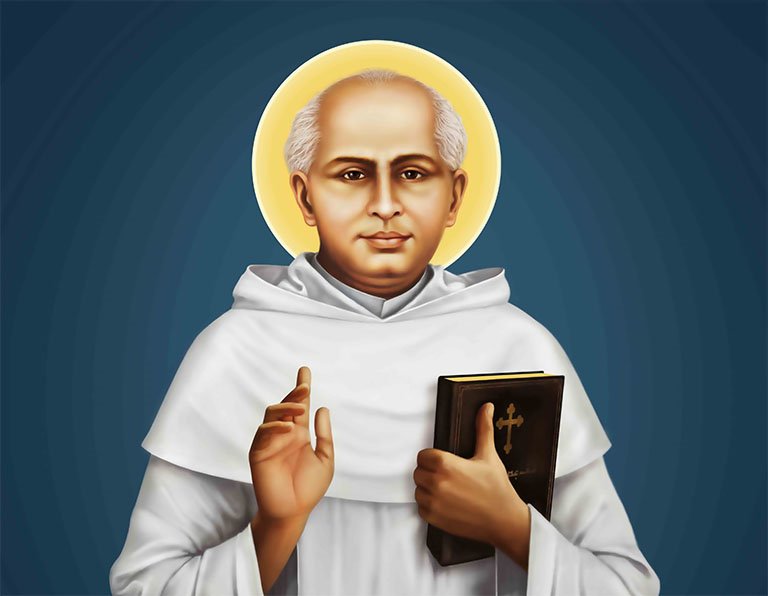In 1831, co-operating with Fr. Thomas Palackal and Fr. Thomas Porukara, he founded the first indigenous religious congregation for men, now known as the Carmelites of Mary Immaculate (CMI). It was after the death of the senior companions in the foundation, that Fr. Kuriakose with the first members, made the religious profession in 1855.
It was after the death of the senior companions in the foundation, that Fr. Kuriakose with the first members, made the religious profession in 1855.
In religion, he took the name Kuriakose Elias of the Holy family. Starting seven religious houses, besides the first one at Mannanam, in different parts of Kerala, the new congregation made great strides in the spiritual renovation of the Syro-Malabar Church.


